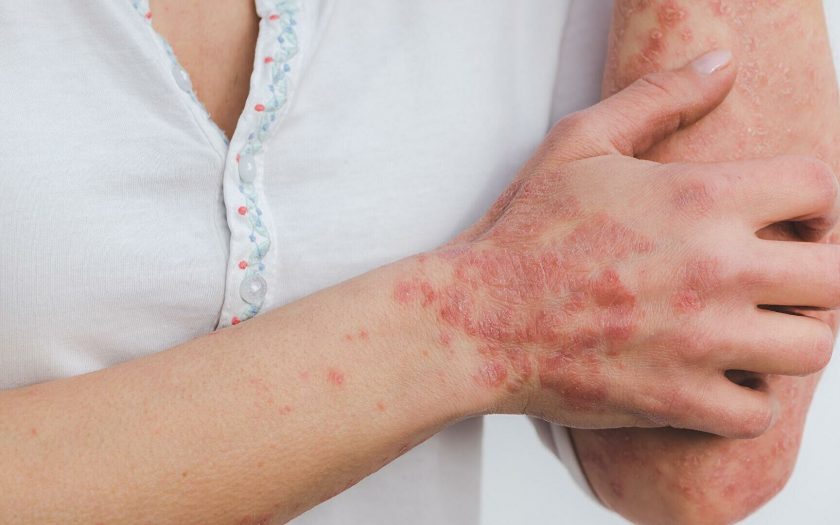Lack of sunlight.
This factor primarily contributes to changes in the amount of vitamin D, because it is synthesized in the body under the influence of ultraviolet radiation. Recent studies have linked this type of vitamin deficiency to many diseases, including exacerbation of skin diseases, arthritis, and neurosis. It plays a significant role in the development of epidermal lesions. Lack of sunlight provokes vitamin D deficiency, exacerbation of psoriasis and other diseases.
Do not use sunscreen in winter, otherwise you will not get vitamin D. It is synthesized by UVB rays. If you have a severe vitamin D deficiency, your doctor may recommend special supplements in the form of tablets or drops (for example, Alpha D3).
Hypothermia.
Exposure to low temperatures is a significant test for the skin. Cold damages the epidermis, leads to capillary spasm, promotes microcracks and irritation. Under such conditions, dermatological diseases develop much faster on the damaged areas.
Dry air.
In winter, the air is dry, so the skin becomes less elastic. As a result, the skin is easier to damage, because in this case, the natural protective layer almost disappears, and wounds and cracks become a place of infection. Often in these conditions even insignificant damages are inflamed. Dry air is dangerous, especially in rooms with central heating. In such rooms, humidity can be 20% (should be 50-70%). But the cold also dries the air, so the skin suffers from the cold outside.
As the humidity decreases, cytokines appear in the skin, which “order” the cells to strengthen their defenses against dehydration. Dehydration can usually be prevented, but sometimes due to dysregulation, peeling and inflammation occur. To help the skin cope with dryness, it needs to be moisturized. It is best to do this in the evening after a shower (for example, using Desowen), when the skin contains a lot of moisture.
Clothing.
Natural materials such as wool and fur, as well as various synthetic fabrics are allergens and cause irritation in direct contact. Also, if a person dresses too warmly, he sweats, which contributes to skin damage. As a result, such damage can provoke an exacerbation of seborrheic dermatitis.
General decrease in immunity.
Exacerbation of chronic diseases directly related to the body’s immune defenses. Immunity weakens with changing weather conditions and other factors. Decreased immunity can also provoke an exacerbation of seborrheic dermatitis.
Other diseases.
Sometimes skin problems are just the result of other ailments. For example, various rashes can occur with viral and bacterial infections. In particular, when the immune system is weakened, boils caused by Staphylococcus aureus appear on the skin. Peeling and inflammation can also occur with gastrointestinal problems. Small, poorly healing wounds may indicate uncompensated diabetes. All these diseases can also be one of the causes of exacerbation of seborrheic dermatitis in winter.

